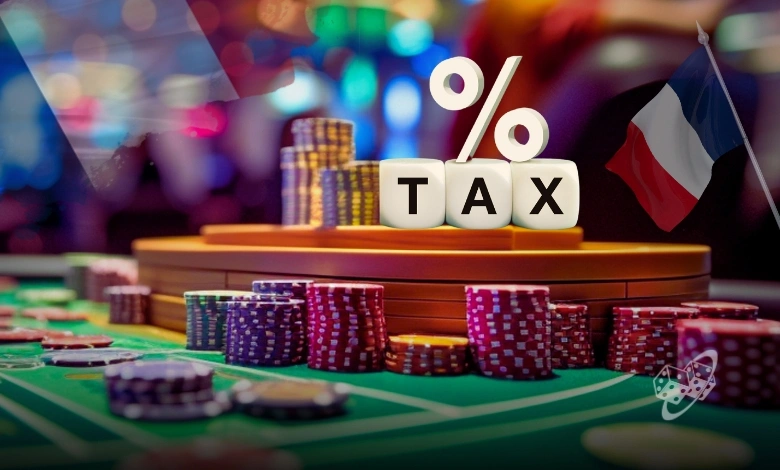France Approves Tax Hikes on Gambling Operators: Implications and Industry Reactions

On 21st November, France approved significant tax increases on consumer products, targeting gambling operators, sports betting, casino games, and poker platforms. This change was part of the strategy imposed by the French Senate to address public deficits by targeting sectors with high-profit margins. It also aims to raise concerns within the gambling sector, which could affect land-based and online casinos serving French players.
Industry and Player Impacts
Operator Challenges – Once the hike is implemented, casino, lottery, and sportsbook operators will bear the brunt of the tax hikes as they are expected to reduce profitability, especially for the best French casino sites. Many other platforms might have to scale back their bonus and promotional offers to offset the costs. Many industrial leaders have criticized this approach, including the CEO of Betclic, Nicolas Béraud, who spoke at the AFJEL annual conference and serves as the president. According to him, the government underestimated and ignored the existing problems that the industry faces, which has added to operator challenges as their margins will be squeezed to the extent of being unprofitable.
Player Consequences: Higher operating costs on online casinos will inevitably result in fewer rewards and less attractive odds. Therefore, tax hikes can lead to below-par gaming experience, especially for professional players.
Government’s Justification and Industry Reactions
The French government will increase taxes by almost 10% depending on the gambling activity offered by the operators. Sports betting platforms will experience smaller increases, whereas online operators will face a 1% increase, compared to the earlier 4.4% rise in the previous budget. These measures have been considered for economic recovery and public health as the government expects to generate an additional revenue of €50 million per annum. The revenue will be used to help finance the growing public deficits in the country, leveraging the profitability of casino operators to contribute more to the finances. Gambling operators, however, have a different worry owing to the tax burden. There will be more chances of pushing players towards unregulated online casinos, which could undermine the legal market’s competitiveness.
Conclusion
The decision to increase taxes on the French gambling industry has sparked mixed reactions. While the advocates for tax hikes argue that casino operators have been experiencing substantial profits, which have made them well-positioned to shoulder the tax burden, gambling operators are criticizing, believing that many platforms could suffer along with players depending on these platforms. However, considering the need for a rise in economic revenue to gamble on the best online casinos, they should prepare themselves for gambling, casino offerings, and pricing structure changes.





